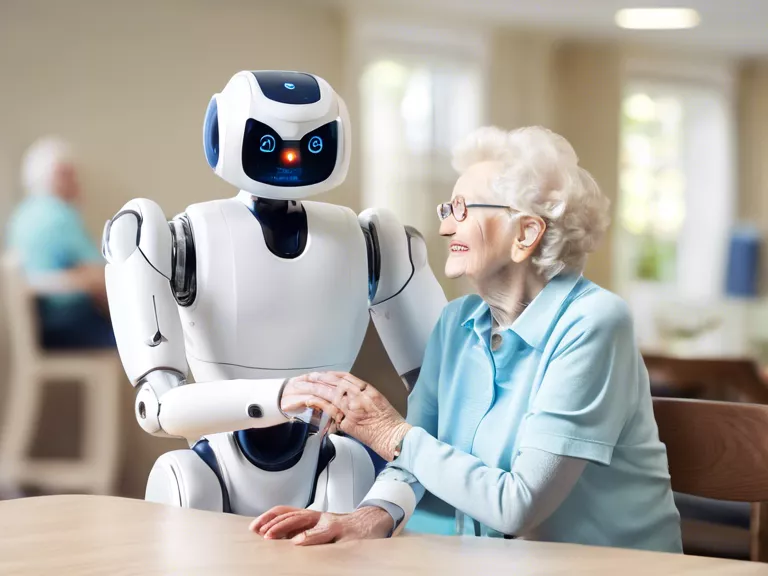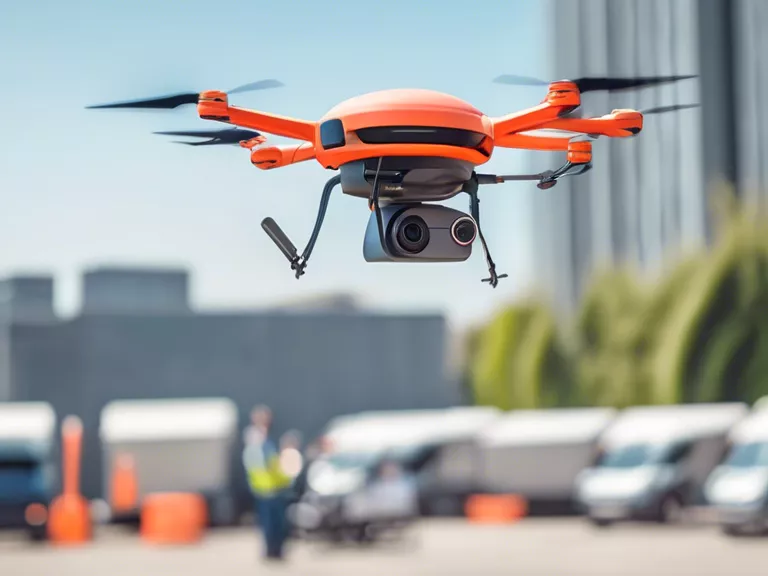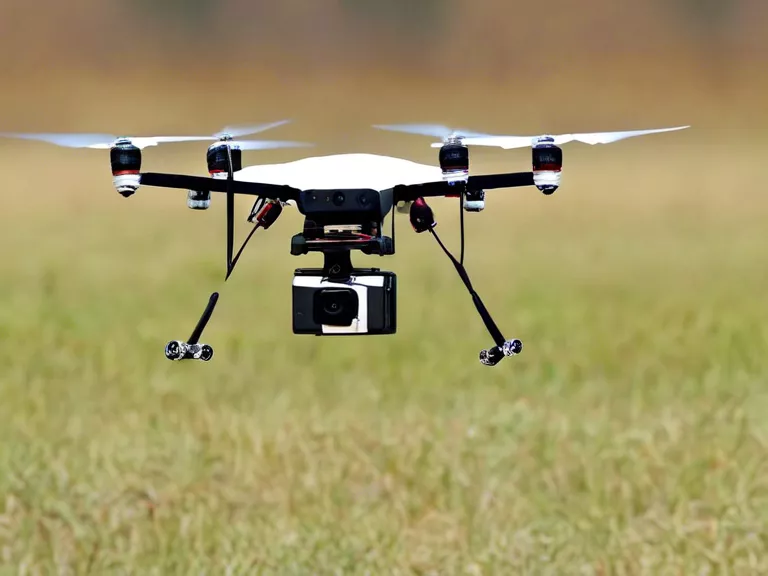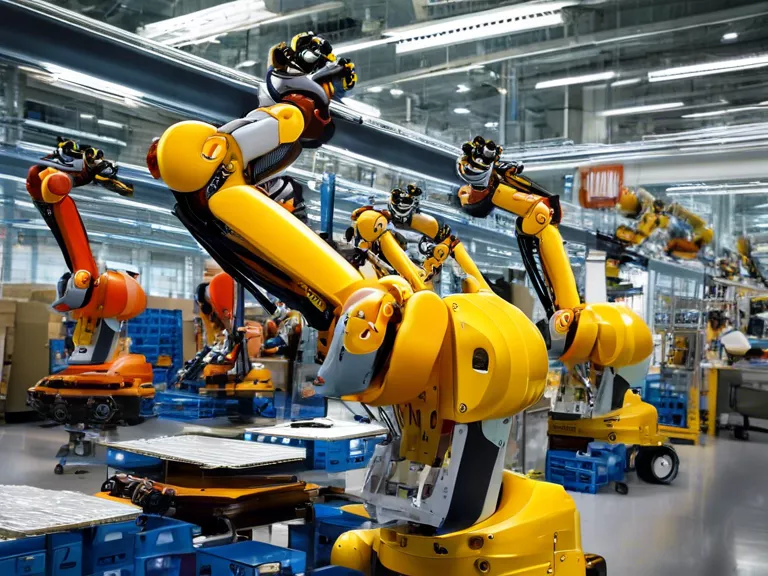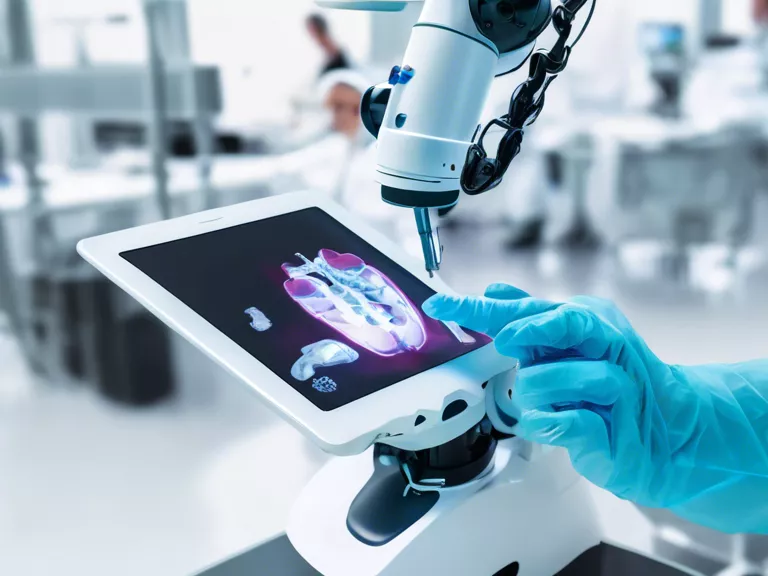
AI and robotics are revolutionizing the field of surgery, making procedures more precise and less invasive. Discover how AI is enhancing the capabilities of surgical robots for precision medicine.
In recent years, advancements in artificial intelligence (AI) and robotics have transformed the field of surgery, enabling more precise and less invasive procedures. One area where this technology is making a significant impact is in precision medicine, which aims to tailor treatment based on an individual's unique genetic makeup and lifestyle factors. By incorporating AI into surgical robots, healthcare providers can deliver more personalized care and achieve better outcomes for patients.
One of the key ways that AI is enhancing the capabilities of surgical robots is through machine learning algorithms. These algorithms can analyze vast amounts of medical data, including images, scans, and patient records, to help surgeons make more informed decisions during procedures. By leveraging AI, surgical robots can navigate complex anatomical structures with greater accuracy and perform delicate tasks with precision.
Another way that AI is transforming surgery is through the use of real-time data analysis. By constantly analyzing data from the operating room, AI-powered surgical robots can adjust their movements and techniques in response to changes in the patient's condition. This real-time feedback loop allows surgeons to make more precise incisions, reduce the risk of complications, and shorten recovery times.
Furthermore, AI is enabling surgical robots to collaborate with human surgeons in ways that were not possible before. By integrating AI into the surgical workflow, robots can assist with tasks such as suturing, tissue manipulation, and instrument placement. This collaboration between man and machine can lead to more efficient procedures, reduced errors, and improved patient outcomes.
In conclusion, AI is revolutionizing the field of surgery by enhancing the capabilities of surgical robots for precision medicine. By incorporating AI algorithms, real-time data analysis, and collaborative technologies, surgical robots are becoming more autonomous, accurate, and versatile. As this technology continues to evolve, we can expect to see even greater advancements in surgical precision and patient care.
